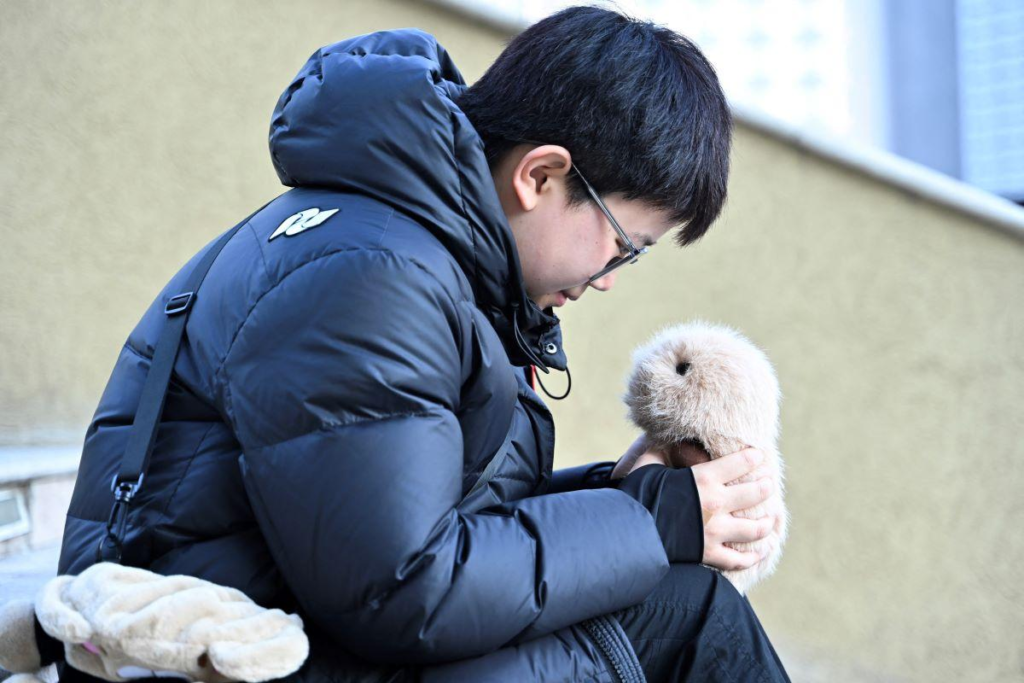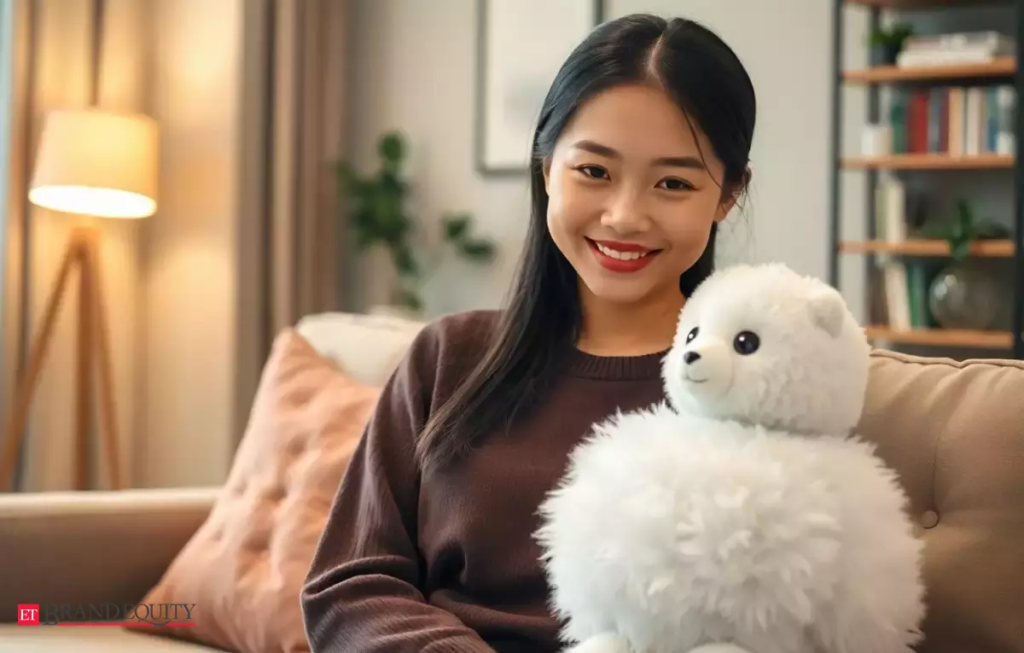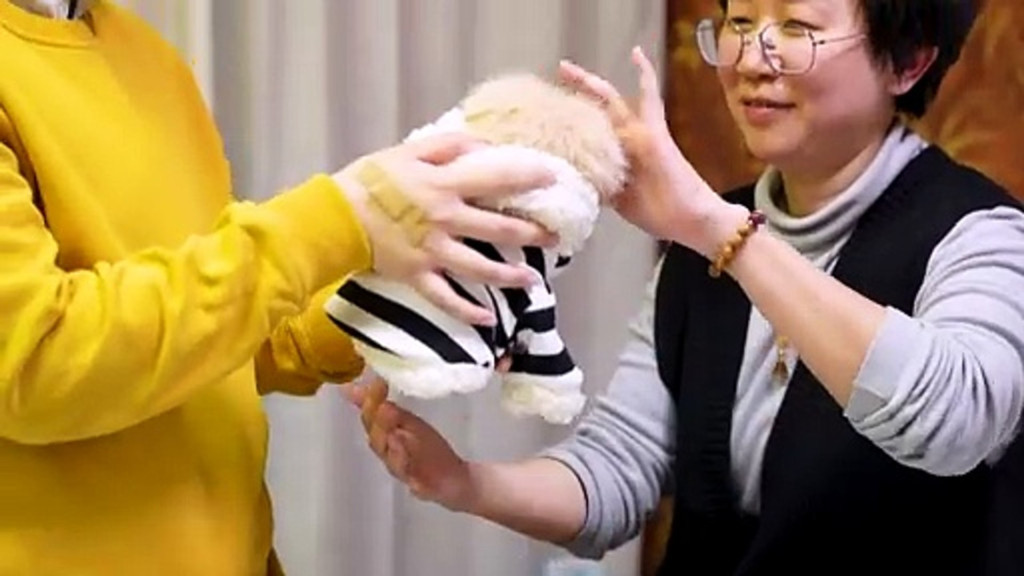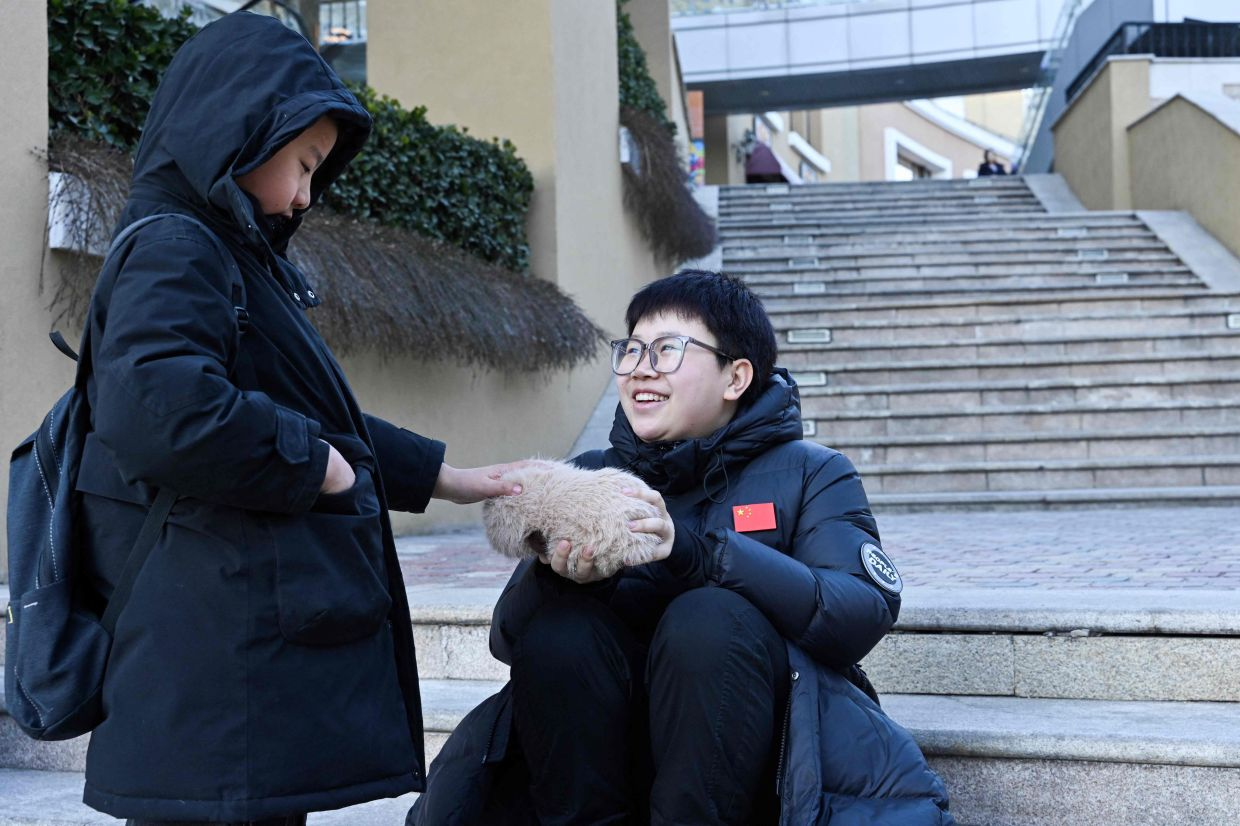In China, a rising trend among the younger generation is the reliance on smart AI pets to combat social anxiety, loneliness, and emotional isolation. The rapid advancement of artificial intelligence has significantly altered various aspects of human life, including the ways people seek companionship and emotional support.
These AI-powered companions, designed to offer solace and simulate emotional connections, are becoming lifelines for individuals who struggle with forming traditional social bonds. From offering comfort to children and teenagers to serving as companions for adults, these AI pets represent a transformative shift in how emotional needs are addressed in modern society.
The Rise of AI Companions in China
Social anxiety and emotional isolation have become pressing issues for Chinese youth, driven by the increasing pressures of urban living, academic demands, and the pervasive influence of digital technology.
Unlike previous generations, today’s young people face unique challenges that often hinder the formation of deep interpersonal relationships. In this context, smart AI pets have emerged as an innovative solution, providing a sense of companionship to those who feel disconnected from traditional social circles.
One prominent example is BooBoo, an AI-powered robot that resembles a guinea pig. Launched in May, BooBoo has sold over 1,000 units, reflecting its growing popularity among young people seeking emotional support. The device has gained traction as a nonjudgmental companion, offering comfort to users who struggle with anxiety and loneliness.
Read : Serial Killer Sings ‘99 Bottles of Beer’ While Victims Describe Their Pain in Court
Zhang Yachun, a 19-year-old student from Beijing, shared her story of finding solace in BooBoo. Naming her AI companion “Aluo,” Zhang described how carrying Aluo around makes her feel “needed” and helps her navigate the challenges of daily life.
Read : China Creates First AI Commander That Can Operate in War-like Events Without Human Intervention
The growing demand for AI pets like BooBoo highlights the broader trend of young people turning to technology to fulfill emotional needs. Unlike traditional pets, AI companions do not require extensive care or attention, making them an accessible and convenient option for those with busy or restrictive lifestyles.
For Zhang, Aluo has become a vital part of her emotional well-being, providing her with a sense of companionship she had struggled to find in human relationships.
A Growing Market for AI-Powered Emotional Support
The popularity of AI pets extends beyond teenagers like Zhang, as families and adults also recognize their potential benefits. The market for social robots, which includes AI pets, is expected to grow significantly in the coming years, with projections estimating its value to reach $42.5 billion by 2033. This rapid growth reflects the increasing acceptance of AI companions as tools for addressing emotional needs.
In addition to BooBoo, other AI pets like BabyAlpha are gaining popularity in China. Developed by Weilan, a tech company based in Nanjing, BabyAlpha is an AI-powered dog designed to provide companionship and facilitate learning for children.

Priced between 8,000 and 26,000 yuan, BabyAlpha has attracted a diverse customer base, with 70% of its buyers being families with young children. For Guo Zichen, a 33-year-old father, BabyAlpha serves as both a companion for his child and a tool to support their learning when family time is limited.
While these AI pets offer numerous benefits, some users remain skeptical about their ability to replicate the emotional connection provided by real animals. Guo, for instance, acknowledged the usefulness of BabyAlpha but emphasized the unique bond humans share with living pets.
“Dogs have souls, while [BabyAlpha] looks different in an indescribable way,” he noted. This sentiment highlights the limitations of AI companions in replicating the depth of relationships formed with real animals, which often involve mutual care and emotional reciprocity.
Despite these reservations, the practicality and versatility of AI pets make them appealing to a wide audience. Unlike traditional pets, AI companions do not require feeding, grooming, or medical care, making them a more accessible option for families living in urban areas or individuals with limited resources.
Additionally, the programmable nature of these devices allows users to customize their behavior, ensuring that their AI pets align with their specific emotional needs and preferences.
The Emotional Role of AI Pets in Modern Society
The rising dependence on AI pets among Chinese youth underscores the broader societal shifts brought about by rapid technological advancement.

As traditional social structures evolve and urbanization continues to reshape communities, many young people find themselves grappling with feelings of isolation and detachment. In this context, AI pets serve as a bridge, providing a semblance of connection and companionship in an increasingly digital world.
For Zhang Yachun, her AI companion Aluo represents more than just a gadget; it is a source of emotional stability. Zhang’s father, Peng, supports her attachment to Aluo, recognizing the pressures faced by today’s youth.
Unlike the past, when friendships were formed more organically, modern children and teenagers often struggle to establish meaningful connections due to the competitive and fast-paced nature of urban life. In such circumstances, AI pets provide a safe and reliable outlet for expressing emotions and seeking comfort.
This emotional role is particularly significant for individuals who experience social anxiety or have difficulty navigating interpersonal relationships. AI pets, with their predictable and nonjudgmental behavior, offer a level of reassurance that is often difficult to find in human interactions.
By providing consistent companionship, these devices help users build confidence and alleviate feelings of loneliness, fostering a sense of belonging that might otherwise be absent in their lives.

However, the reliance on AI pets also raises important questions about the long-term implications of substituting human relationships with artificial ones. While these devices provide immediate comfort and support, they may not address the root causes of social anxiety or emotional isolation.
Moreover, the growing dependence on technology for emotional fulfillment could potentially hinder the development of essential social skills, further isolating individuals from meaningful human connections.
As the market for AI pets continues to expand, it is crucial to consider the ethical and societal implications of this trend. While these devices offer innovative solutions to pressing emotional needs, they should not be seen as replacements for genuine human relationships or traditional forms of companionship.
Instead, they should be viewed as complementary tools that can support individuals in navigating the complexities of modern life. The rise of smart AI pets in China reflects a broader societal shift toward technology-driven solutions for addressing emotional needs.

For many young people, these AI companions provide a lifeline, offering comfort and companionship in the face of social anxiety and emotional isolation. From teenagers like Zhang Yachun to families investing in AI-powered dogs like BabyAlpha, the appeal of these devices lies in their ability to simulate connection and provide consistent support.
However, the growing reliance on AI pets also highlights the challenges of modern living, including the pressures of urbanization and the changing dynamics of social relationships.
While these devices offer numerous benefits, they cannot fully replicate the depth and authenticity of human or animal relationships. As such, it is essential to approach this trend with a balanced perspective, recognizing the potential of AI companions to enhance emotional well-being while remaining mindful of their limitations.
In a world increasingly shaped by technology, the role of AI pets as emotional companions is likely to continue evolving. By fostering meaningful discussions about their use and impact, society can ensure that these innovations are harnessed in ways that promote emotional health and well-being for all.

